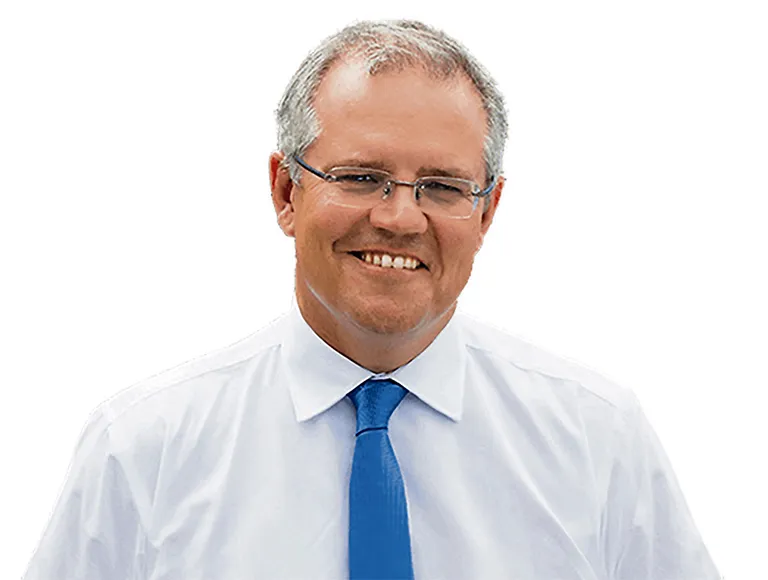It’s not every week that the Prime Minister of a Western nation stands before a church congregation and leads spontaneous community prayer.
But on 30 September, new Australian Prime Minister Scott Morrison did just that. While visiting Planetshakers, a large Pentecostal church in Melbourne, Mr Morrison ascended the worship platform and led prayers for the victims of the Indonesian earthquake and tsunami and also for Australian farmers locked in the grip of a drought-induced financial crisis.
Refugee debates
Scott Morrison replaced Malcolm Turnbull as Prime Minister in late August after Mr Turnbull lost the confidence of his governing Liberal Party. Mr Morrison has served a number of roles in recent Australian governments, but was especially prominent in enforcing the ‘Stop the Boats’ policy under former Prime Minister Tony Abbott. This policy involved the detention on the Pacific Islands of Nauru and Manus Island of thousands of newly-arriving asylum seekers who had sought refuge in Australia through people-smuggling channels. Around 2,000 had drowned at sea during the two phases of the asylum-seeker boat arrivals since the year 2000.







